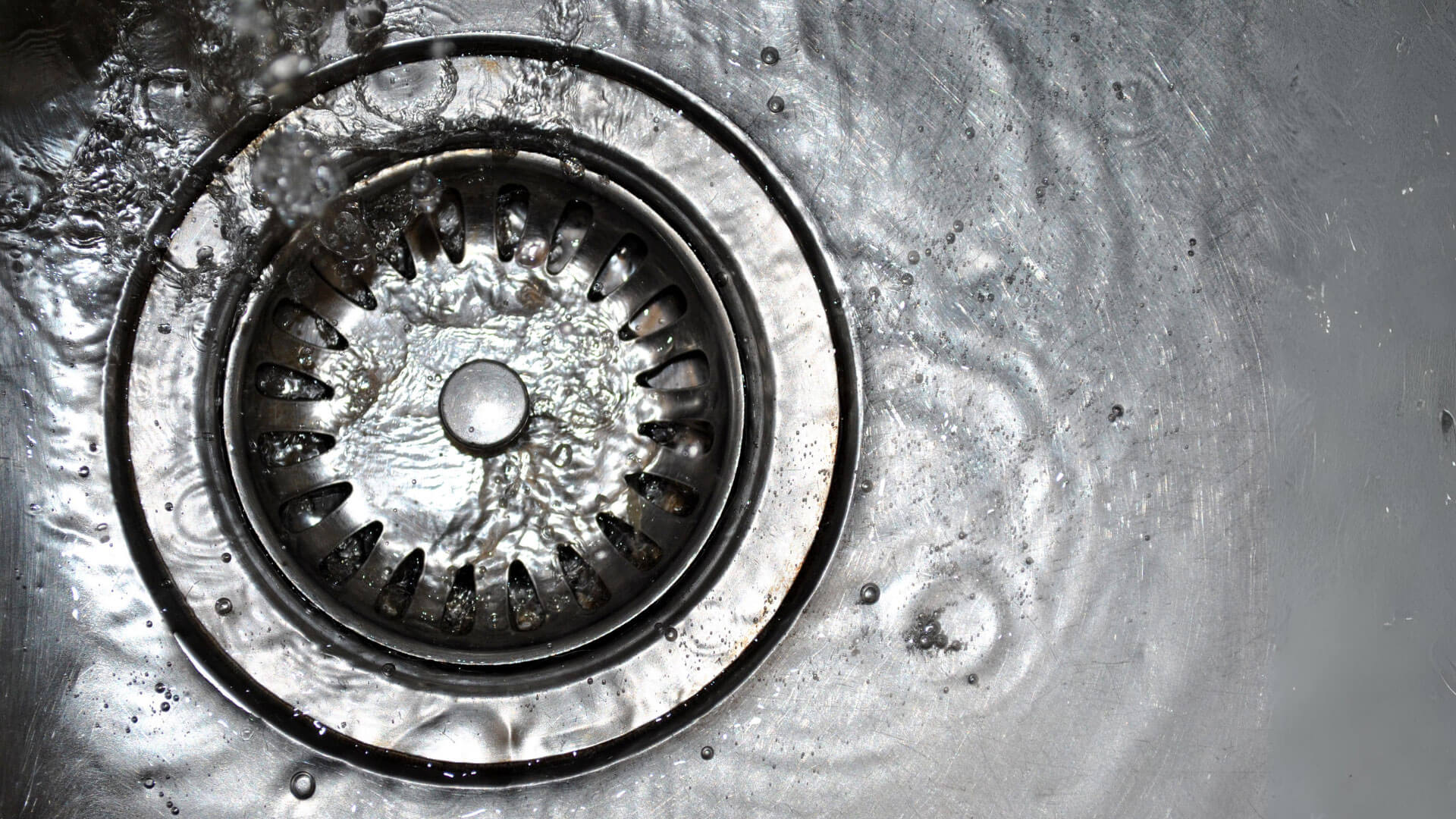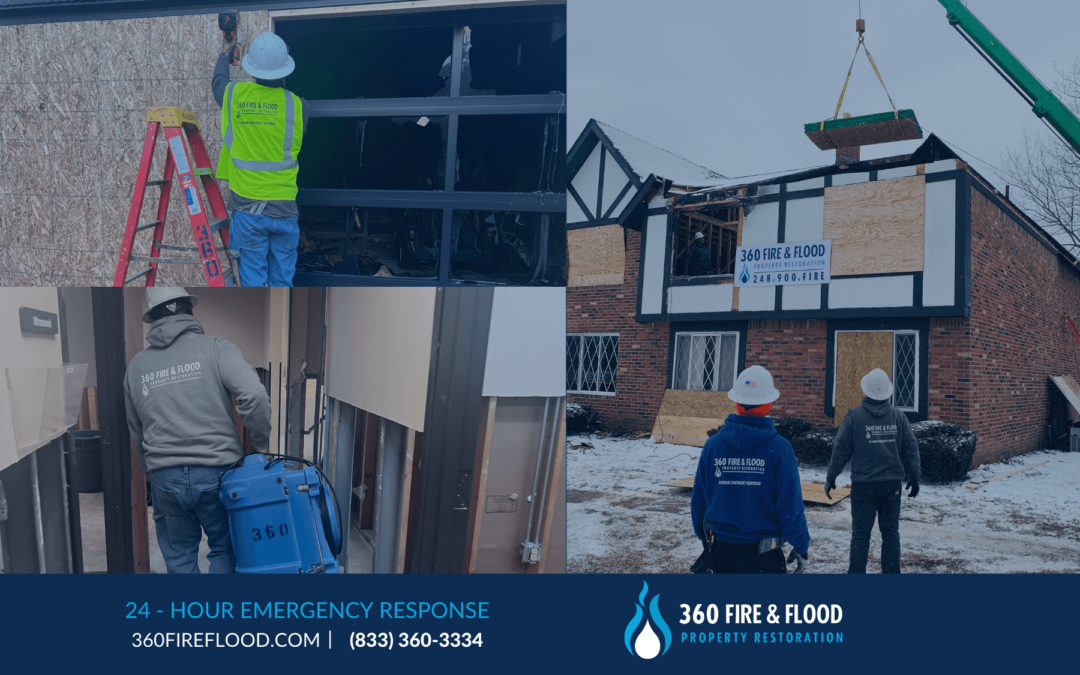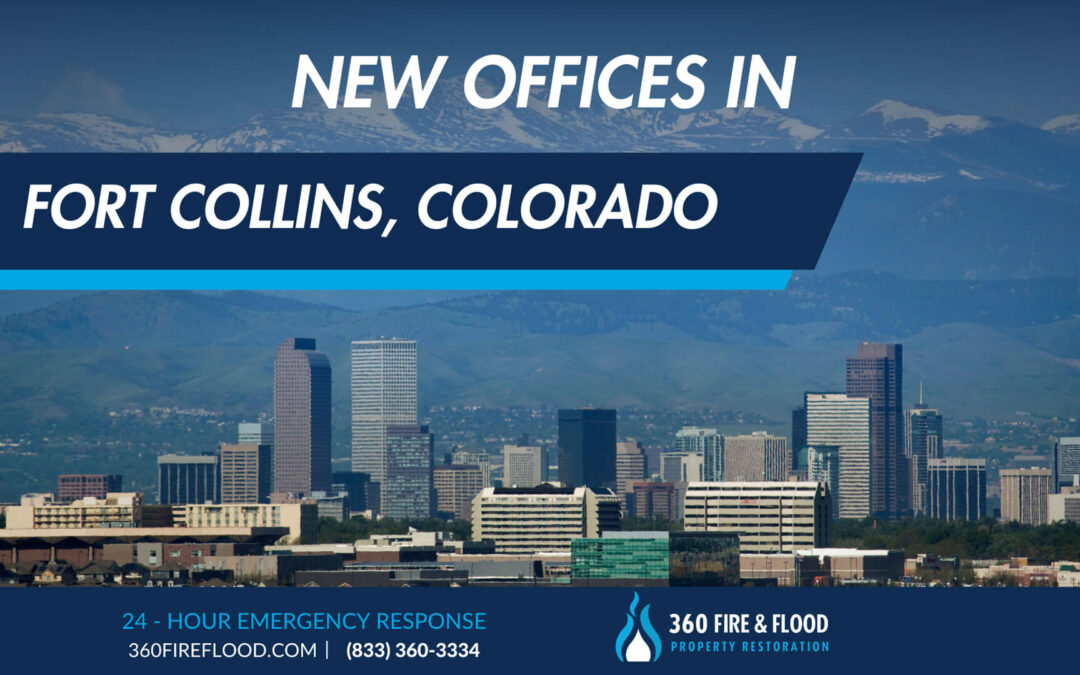Clogged drains and backed-up plumbing can quickly turn into a nightmare scenario for any commercial building. From costly water damage to potential health hazards, it’s essential to understand what should never be flushed down toilets or drains. At 360 Fire & Flood, we’re experts in water damage restoration and nationwide emergency services, and we’ve seen firsthand the havoc that improper disposal can wreak on plumbing systems. In this blog, we’ll explore common culprits that can clog your drains, ways to keep your drainage system clear, and the importance of addressing plumbing issues before they escalate into major problems.
What Not to Flush
Certain items, while seemingly harmless, can wreak havoc on your plumbing system when flushed down toilets or drains. These non-biodegradable or slow-dissolving materials can quickly accumulate and create stubborn blockages, leading to costly repairs and potential water damage. Here are some common culprits to avoid flushing at all costs:
- Sanitary products and wipes: Despite some products claiming to be flushable, sanitary napkins, tampons, and wipes can easily cause clogs. These items don’t break down quickly and can create massive blockages in your pipes.
- Paper towels and facial tissues: While they may seem harmless, paper towels and facial tissues are not designed to disintegrate like toilet paper. Flushing them can lead to major clogs and even sewer backups.
- Hair: Hair is a common culprit for clogged drains, particularly in showers and sinks. It can easily become tangled and create a stubborn blockage that’s difficult to clear.
- Food waste: Avoid flushing any food waste, including coffee grounds, eggshells, and cooking oils or grease. These items can solidify and cause significant buildup in your pipes.
- Dental floss and cotton swabs: Dental floss and cotton swabs may seem small, but they can quickly accumulate and create blockages in your plumbing system.
Keeping Your Drains Clear
Preventing clogs is far easier and more cost-effective than dealing with the aftermath of a backed-up drain. By implementing a few simple maintenance practices, you can keep your drainage system flowing smoothly and avoid potential plumbing disasters. Here are some effective strategies to keep your drains clear:
- Use drain covers: Install drain covers in sinks, showers, and tubs to catch hair and other debris before it enters the drain.
- Flush regularly: Regularly flushing your drains with hot water can help prevent buildup and keep them flowing smoothly.
- Use enzyme cleaners: Enzyme-based drain cleaners are a safer and more effective alternative to harsh chemicals. They break down organic matter and keep your pipes clear.
- Avoid chemical drain cleaners: While tempting, chemical drain cleaners can damage your pipes and potentially create more significant problems down the line.
- Properly disposing of food waste: Food waste can wreak havoc on your drains and plumbing if not disposed of properly. While solid food scraps should always go straight into the trash, grease and cooking oils require a bit more care. For small amounts, simply soak up the grease with a paper towel and discard it. However, larger quantities demand a different approach. Allow the grease or liquid to cool completely, then pour it into a disposable container, ideally biodegradable. Repurposed takeout boxes or other sturdy containers work perfectly for containing and discarding grease. By taking these simple steps, you can protect your plumbing system from costly clogs and backups caused by improper grease disposal.
The Dangers of Clogged Plumbing
While a clogged drain may seem like a minor inconvenience, ignoring the issue can lead to severe consequences. Backed-up plumbing can cause water damage that extends beyond the visible areas, potentially affecting the building’s structure, insulation, and even electrical systems. This can result in costly repairs, health hazards from mold growth, and potential liability issues for commercial property owners. Protecting your plumbing and drains is crucial for maintaining a safe and functional commercial building. By understanding what should never be flushed and implementing proper maintenance practices, you can prevent costly clogs and water damage.
At 360 Fire & Flood, we understand the urgency of addressing water damage promptly. Our nationwide emergency services and expert water damage restoration teams are available 24/7 to mitigate the impact of plumbing issues and minimize disruptions to your business operations.
Remember, if you do experience a plumbing emergency, don’t hesitate to contact 360 Fire & Flood for immediate assistance and professional water damage restoration services. Our experts are standing by to help you navigate any water-related crisis, ensuring your property remains in top condition.



